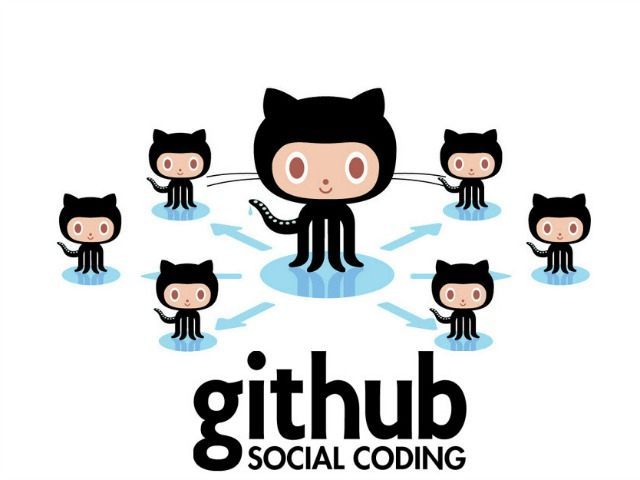Coraline Ada Ehmke, a partisan feminist known for imposing hated progressive codes of conduct on open source coding communities, has announced she will join the influential software development platform GitHub to advise on “anti-harassment.”
GitHub’s decision is part of a trend of Silicon Valley companies bringing in social justice warriors to advise them on preventing “harassment.” The most high-profile case yet has been Twitter, whose new “Trust and Safety Council” has come under widespread criticism for its progressive bias.
Ehmke is known for the creation of the “Contributor Covenant,” a list of behavioural rules intended to govern the behaviour of coders working on open source projects. Among the behaviours banned by the covenant are “insulting/derogatory comments,” “public or private harassment,” and “other conduct which could reasonably be considered inappropriate in a professional setting.”
Crucially, contributors to open source projects — who are typically unpaid, freely volunteering their time and skills to improve open source software — are expected to follow the code within open-source communities and everywhere else on the web.
For example, if a coder makes an “insulting/derogatory comment” on Twitter that’s entirely unconnected to their coding work, they are still liable to be kicked out of their open source project if the project is governed by the Contributor Code. It’s a recipe for policing the behaviour of the entire open source community across the whole of the world wide web.
Since creating the code, Ehmke has embarked on an aggressive campaign to pressure influential open source communities into adopting it. So far, the Contributor Covenant’s website lists a total of 102 communities that have adopted the Code.
Nevertheless, many of the more influential open source communities, including PHP and Ruby, have thus far resisted attempts to impose the Contributor Code. We previously covered Ehmke’s failed attempt to impose the Code on the Ruby community, which was rebuffed by the creator of Ruby himself, Yukihiro Matsumoto.
Attempts to impose a variation of the Covenant on PHP have also been unsuccessful. PHP expert Paul M. Jones alleged that Coraline Ehmke saw open source as a “political arena” and urged contributors to read the Covenant “as a political document, with political aims.” Jones also emphasised that contributors working under the Code would be bound by its diktats wherever they went.
As a tool for Social Justice, it recognizes no boundaries between project, person, and politics. This attitude is written into the Contributor Covenant with the text, “This Code of Conduct applies both within project spaces and in public spaces when an individual is representing the project or its community.” So, when is a project participant not representing the project? The answer appears to be “never.”
That is, a project participant is always representative of the project. We can see one example of this from the “Opalgate” incident. In reference to a Twitter conversation where Opal is not the subject, Ehmke opens an Opal project issue, and then attempts (with a Social Justice mob of backers) to intimidate the project managers into removing one of the Twitter conversants from the project because of his non-project-related speech.
Github’s decision to hire Ehmke spells trouble for the thousands of coders using the platform to host their projects. The site already has a history of censoring projects that are politically unwelcome to the regressive left, including a code repository maintained by GamerGate supporters and “C Plus Equality,” a project that satired feminism. GitHub has also imposed Ehmke’s code on the open source community working on its Atom text editor.
The majority of coders working on open source projects are unpaid volunteers, deriving no reward from their efforts other than the joy of the craft. Much of the software we use today, from Linux-based mobile phones to ATM machines, was made possible by the unpaid labour of open source contributors. How long will they stick around when they’re expected to submit to a code that governs their behaviour across the entire web?
You can follow Allum Bokhari on Twitter, add him on Facebook, and download Milo Alert! for Android to be kept up to date on his latest articles.

COMMENTS
Please let us know if you're having issues with commenting.